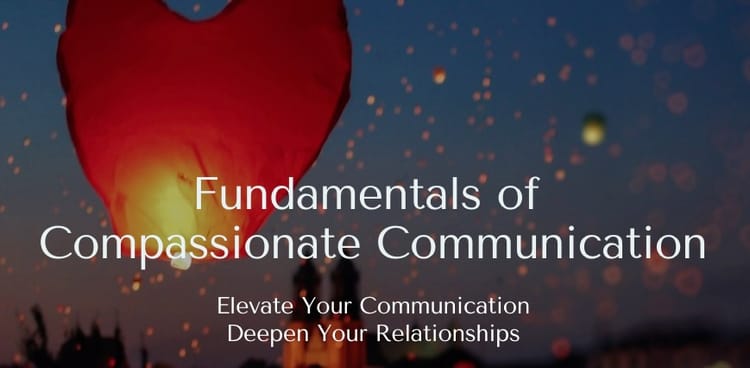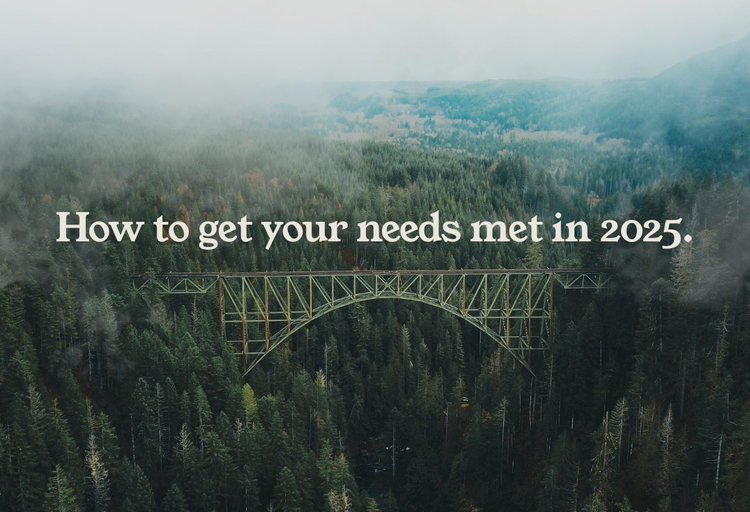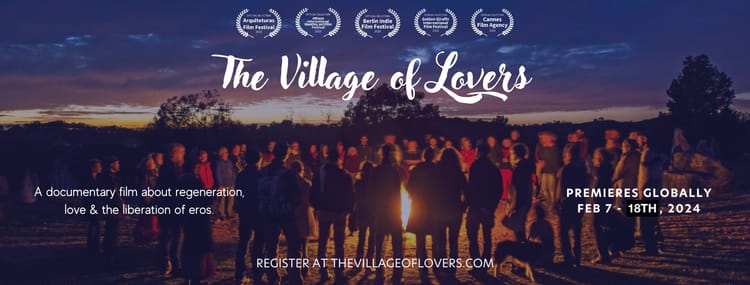How to Fight Fair

We all find ourselves in conflicts from time to time. It can be seen as a natural part of relating that free individuals or groups will sometimes have desires or purposes that conflict with each other. How then do we welcome this naturally occurring conflict so that it can be processed, resolved, and healed without it weakening or destroying our relationships through erosion or escalation?
I’ve been through a fair amount of conflict in my life and I’ve also been fairly averse to it. Through that process though, I’ve learned a few things that I’d like to share with you that I hope will make the process easier.
I invite you to consider them and experiment with them the next time conflict arises.
Next I invite you to see the other person as yourself. Imagine there is no separation between you. Imagine that every aspect of them, that you may take issue with, mirrors a similar issue within you. And I invite you to love them as you love yourself. Love every part of them. And love every part of yourself. I’d suggest that love can still exist, even in conflict. We can still hold another in love even while disagreeing with, or not being able to accept some, or all, of their actions. If we can do this, if we can see that we're connected, in my view, it goes a long way towards conflict resolution.
Now I recommend creating a safe space, both physical and emotional, in which conflict can play out. For the physical space, I mean a place where you're not going to be interrupted. If you're somewhere where you're around people, I recommend finding a place that's more private so that you can speak more freely.
For the emotional space, I mean fostering dialog and connection that's fair, kind, and free from blame or judgment. I invite you to hold kindness even in anger. I don’t think they’re mutually exclusive. In a conversation free of judgment no one is at fault. No one is bad. No one messed up. No one needs to change or deserves blame. Adjunct to this, I recommend letting go of the need to be right or "teach someone a lesson."
If no one is wrong and no one is to blame, “What do we have left?” you may be asking. What we have left is the heart of the matter. That is, noticing and taking responsibility for your own experiences and feelings and speaking of them. Again, it's no one's fault that you feel the way you do—we all have choices in how we respond to any situation—but you are having feelings. You may find it freeing and healing to let them be known. In voicing our feelings we, in my view, honor them, honor ourselves, and honor the other. When we share, we allow ourselves to be known, and thereby we can begin to be understood.
This can look like: "I felt A when B happened," or "When I heard X, I felt Y and Z. Notice that I don't recommend saying "When you said..." because we're speaking from our experience, what we perceived we heard. We’re not trying to tell someone what they said.
The Y and Z variables could be things like:
I felt like I didn’t know what to do; or
I felt hurt; or
I felt lost; or
I felt alone; or
I felt panicked; or
I felt upset; or
I felt scared; or
I felt angry; or
whatever it was that you felt.
And maybe add a "because" after that. For example:
It felt difficult to hear what I heard because it clashed with my perception of you as a loving father/boyfriend/mother/sister/friend/etc.
I didn't feel valued; or
I didn't feel loved; or
I wanted your support at that moment and didn't perceive receiving it; or
I perceived being attacked; or
I perceived being abandoned; or
I perceived being betrayed; or
It triggered something from my childhood that I feel sensitive about; or
whatever you perceive the reason to be.
Remember, we’re not blaming here, we're using I statements to speak about our own feelings and experiences.
The taking responsibility for our feelings, to me, might look like:
These are my feelings and experiences and I'm not blaming you or asking you to change anything but I'm voicing them because I want you to know how I feel. And these feelings are based on my own interpretation of events. I welcome hearing what your experience was and how you feel; or
I know my sensitivities are my own responsibility and no one else's. And I'm working on healing them and yet they exist within me.
Perhaps you do want something to change though. If that’s the case, I recommend you make a request. Requests might look like this:
Would you be willing to; or
I’d really enjoy X. Would you be willing to do that; or
In situations like this I have a need for Y. Would you be willing to help me fulfill that need?
If you’re not willing to hear a “no,” then what you’ve made is a demand. I recommend steering clear of demands as they are a way of exerting power over others. When we exert power over others we, in my view, aren’t meeting them on a level playing field. We are placing them below us in a power structure.
Power is fine but I find it is best wielded within ourselves. I invite you to consider every being as sovereign. We can all decide what we need and whether our needs are being met.
We can all decide for ourselves what we're willing to accept and live with, or not, in relationship to the other sovereign beings.
As I said, in sharing our feelings and experiences we allow ourselves to be known. It allows others to see what's moving for us. And it's vulnerable to do. And it takes courage, in my view. And I see power in that courageousness. And if we can be met in that, if we can be seen and understood and known, that's where I think the magic happens.
Our vulnerability can also beget vulnerability in others. Then you’re on the way to heartfelt connection.
If the other person says something like:
I understand why you felt hurt or lost or alone or
whatever the feeling is, I think, it helps us feel seen, understood, and known. And that, in my experience, helps foster connection and healing.
Empathy can also be magic:
I see that you feel hurt; or
It sounds like that felt really difficult; or
I get how hearing that could touch a tender spot. I see that you're upset; or
I went through something similar. I can image that you feel scared; or
I feel how you feel.
It feels so wonderful, in my experience, to be empathized with. And you can do the same for them if you’re not hearing how they’re feeling:
How did you feel when that happened? Or
How do you feel now?
And, if you're being seen and heard, and receiving empathy and understanding, why not offer your appreciation?:
Thanks for seeing me; or
Thanks for empathizing with me. That feels good to me. I appreciate you; or
Thanks for listening. Thanks for hearing me out.
If you're not getting that, I encourage you to ask for what you need. Like:
Would you be willing to empathize with me for a bit? or
Do you understand where I'm coming from?
You may also find it helpful to ask the other person what they need by saying something like: What do you need in this moment?
And then fulfilling that request, if you’re willing to do so.
Now the irony is, if you employ these ideas, you may find that you’re not fighting at all. You might find that you're sharing your feelings and experiences and being seen, heard, understood and empathized with while appreciating and asking for what you need. And you may find yourself doing the same for others. And you may find that your relationships feel healed and whole.
I invite your feedback to this piece, especially if you put it into practice. If so, how did it go?
Also, this post is public. I invite you to share, if you’d like.
I wish you well on your journey. 🙏






Member discussion